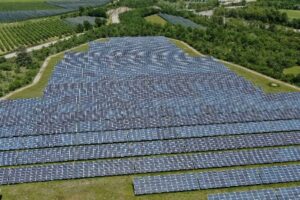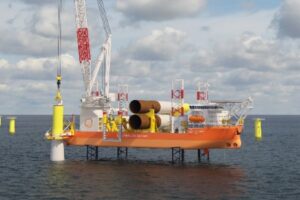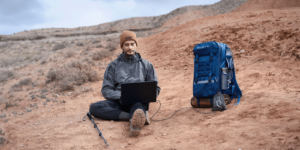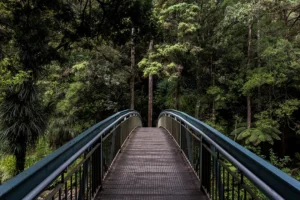Virtual power plants still working out the kinks — This Week in Cleantech


SolarEdge to Power Xcel Energy’s New ‘Renewable Battery Connect’ Virtual Power Plant Incentive Program in Colorado (Photo: Business Wire)
This Week in Cleantech is a new, weekly podcast covering the most impactful stories in cleantech and climate in 15 minutes or less. Produced by Renewable Energy World and Tigercomm, This Week in Cleantech will air every Friday in the Factor This! podcast feed wherever you get your podcasts.
This week’s episode features Latitude Media founding reporter Maeve Allsup, who covered some of the challenges facing one of the first virtual power plants deployed in the U.S.
This week’s “Cleantecher of the Week” is world-renowned Climate Scientist Michael Mann.
China dominates a lot of clean technology production. In response, a combination of tariffs and subsidies, such as the incentives in the Inflation Reduction Act, are driving domestic cleantech investment in other countries.
In Europe, where the equivalent of the IRA has not been passed, concern over losing that investment has many wondering how much they should loosen restrictions on state aid and protectionist policy.
Connecting state and regional electricity markets can speed clean energy deployment by increasing the range of potential buyers when renewables are generating power, thereby increasing reliability and lowering costs. There are two competing proposals on how to do this: One out of California, spanning 11 states, which has already been approved by the Federal Energy Regulatory Commission, as well as a competing proposal from Arkansas, across 14 states, that does not include California and would require significantly more transmission to be built.
However, power providers and some state officials in the West are concerned about being subject to oversight from California regulators working to comply with stricter carbon reduction goals.
There are three sectors where we are falling short on decarbonization goals: aviation, shipping, and industry. We have not seen a jet fuel or shipping diesel that is at scale yet, and at this rate, industry is going to continue failing to meet its decarbonization goals.
Although we see the EV market driving down pollution from vehicles, and record levels of investment in clean energy, we are still not on track to achieve net zero by 2050.
Watch the full episode on YouTube
Fervo Energy, the company that figured out how to use advances in fracking to set up geothermal pretty much anywhere, just announced they reduced their drilling time by 70%. In 2022, it took 71 days to drill a geothermal well. Now it only takes 21 days even with wells 2,000 feet deeper.
The company already went from $9.4 million to $4.8 million per well. Fervo’s Utah site may involve drilling 29 wells, which means these cost savings could equal about $130 million in total savings.
8,500 residential batteries from a first-of-a-kind virtual power plant pilot operated by PG&E and Sunrun in California put excess energy back into the grid for two hours every evening during some of the hottest months in 2023. This provided the grid with an average of 27 MW of power every evening, with a peak output of about 32 MW, which could power more than 20,000 homes.
PG&E plans to integrate the lessons learned into other projects, such as demand response and emergency load reduction programs. Sunrun, pleased with the performance, is actively seeking new opportunities and partners for similar ventures.
Help make This Week in Cleantech the best it can be. Send feedback and story recommendations to rew@clarionevents.com. And don’t forget to leave a rating and review wherever you get your podcasts.
Join us every Friday for new episodes of This Week in Cleantech in the Factor This! podcast feed, and tune into new episodes of Factor This! every Monday.
This Week in Cleantech is hosted by Renewable Energy World senior content director John Engel and Tigercomm president Mike Casey. The show is produced by Brian Mendes with research support from Alex Petersen and Clare Quirin.





